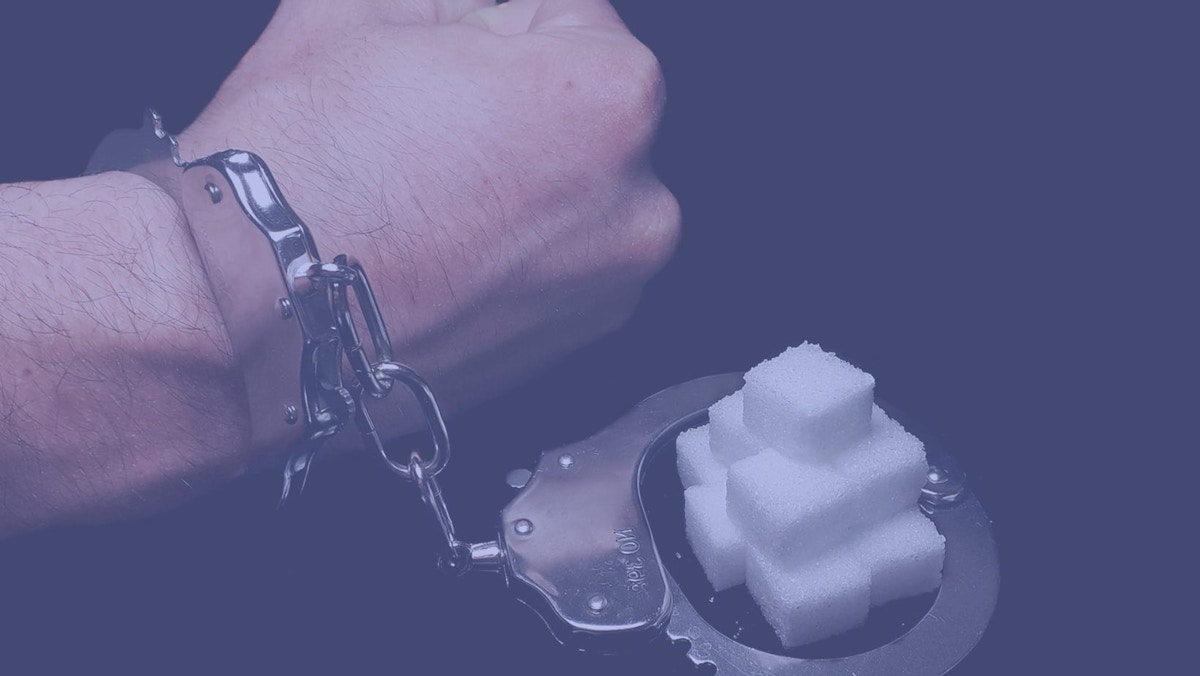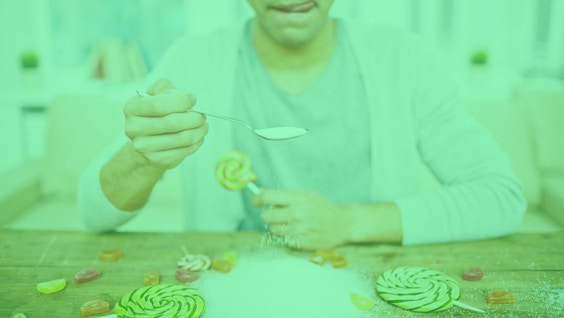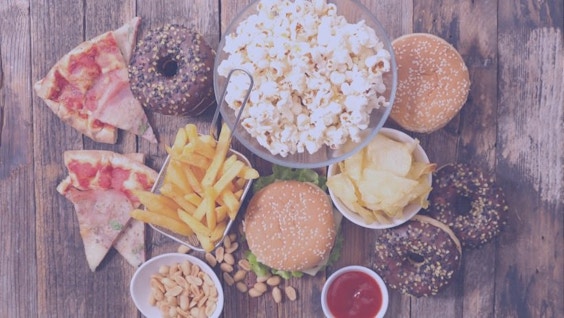I Am Sober is a free app that helps you get some control back in your life.

Drugs to Treat Sugar Addiction
Last Updated: Tue, January 23, 2024Did you know? Drugs used to treat nicotine addiction may also be used to treat sugar addiction, according to researchers.
We can drastically reduce sugar consumption by treating sugar cravings the same way we treat other chemical addictions. When viewed in this light, quitting cake and soft drinks without help appears as absurd as quitting cigarette addiction or quitting cocaine cold turkey.
Drugs to Treat Sugar Addiction: Can Drugs Be Used to Treat Sugar Addiction?
With obesity rates on the rise around the world and high sugar consumption as the culprit, researchers have been looking for ways to reverse the trend.
The World Health Organization (WHO) states that 1.9 billion people worldwide are overweight. Around 600 million are obese.
But it isn't a matter of willpower. Sugar activates the pleasure and reward regions of the brain in the same way as addictive substances do. These include cocaine, nicotine, and morphine.
Moreover, highs caused by sugar, like narcotic highs, will never be as nice as the first time. If you keep on giving in to your sugar cravings, your dopamine levels will drop. This requires you to consume more sugar to achieve the same wonderful feeling.
In addition, researchers also discovered that artificial sweeteners reacted in rats the same way that sugar did. This suggests that even artificially sweetened food items can make it difficult to stop the habit and find a sugar addiction cure.
Added sugars include empty calories, which can contribute to weight gain and increase the risk of chronic diseases like type 2 diabetes, heart disease, and several illnesses. Artificial sweeteners can also make you gain weight by feeding your sweet tooth and disrupting your digestive system's beneficial bacteria.
Thankfully, there are several drugs to treat sugar addiction. We'll go through them in more detail in the next part.
Drugs to Treat Sugar Addiction
Sugar consumption in excess has been shown to directly lead to weight gain. It has also been proven to raise dopamine levels in the brain. Dopamine governs the reward and pleasure centers, in a similar fashion to many other substances of abuse such as cigarettes, cocaine, and morphine.
Long-term intake of sugar also causes the opposite effect, a decrease in dopamine levels. To achieve the same degree of reward, people consume more sugar.
Experts also discovered that, in addition to an increased risk of weight gain, those who continue to consume large amounts of sugar and binge eat into adulthood may experience neurological and mental repercussions that alter mood and motivation.
Experts also say that FDA-approved medications like varenicline, a prescription medication sold under the brand name Champix that treats nicotine addiction, can act in the same way when it comes to sugar cravings.
Varenicline operated as a neuronal nicotinic receptor modulator. Plus, other medications like mecamylamine and cytisine had similar effects.
Withdrawal from prolonged sugar exposure, like cocaine withdrawal or meth withdrawal, can result in a dopamine imbalance. It can also be as tough as quitting cold turkey.
Even if more research is needed, findings imply that FDA-approved nAChR medicines could be a fresh new therapeutic option for the obesity epidemic.
In a nutshell, drugs to treat sugar addiction include varenicline, mecamylamine, and cytisine.
Symptoms of Sugar Addiction
Wondering if you need drugs to treat sugar addiction? Here are the symptoms of sugar addiction you should watch out for:
1. You crave salty foods.
Salt cravings are one symptom that your body isn't getting the nutrition it requires. This is surprisingly prevalent among sugar addicts, who are often low in crucial nutrients.
If you eat sugary snacks on a regular basis, you're probably not getting enough of the beneficial proteins and fats your body requires.
2. You always crave sweets.
After a sugar binge, your blood sugar will drop because insulin pushes that sugar into the cells to prevent damage. That fall makes your blood sugar drop and makes you want to eat more.
3. You consume sugary items even when you’re not hungry.
Did you just eat a huge lunch, but still has room for a big slice of cake?
Turning to sweets when you're not physically hungry is the number one sign you have an addiction.
4. You try to quit and have unusual symptoms.
Sugar addiction is a behavioral addiction. As you become accustomed to having sugar after meals or at specific times of the day, your body may show signs of distress or withdrawal when you stop or interrupt your sugar routine.
5. You need an increasing amount of sugar to satisfy your cravings.
Tolerance to sweets can develop over time, just like it can with other addictive behaviors or drugs.
The desire for more to satisfy the urge indicates sugar addiction.
At first, one scoop of ice cream satisfies your craving. But as your sugar addiction grows, you'll need more and more to get your fix.
6. You hide your sugar habit.
Some people who have a sugar addiction are aware that they are overeating or binge eating sugar.
However, instead of finding strategies to reduce their intake, they hide it. Making excuses or making agreements with yourself about sweets also indicates that you have a sugar addiction.
Remember, no one hides broccoli in their closet. So, if you hide or sneak sweets, you probably have a sugar addiction.
Conclusion
Eating sugar to console yourself doesn’t work. It only puts you at risk of developing a sugar addiction. Fortunately, drugs to treat sugar addiction exist. The right support system and a sobriety app like I Am Sober can also help.
I Am Sober is a free app that helps you get some control back in your life.




